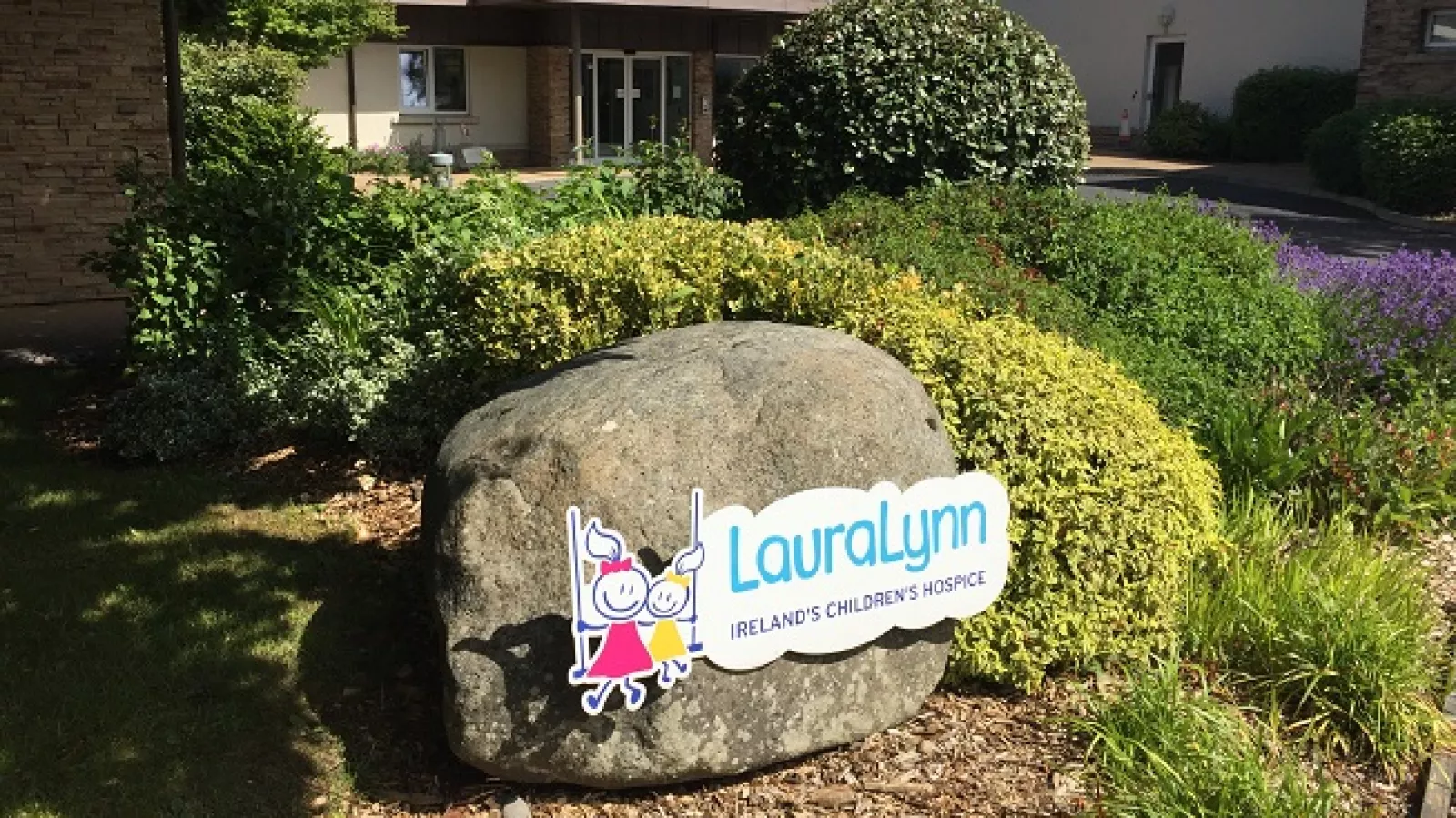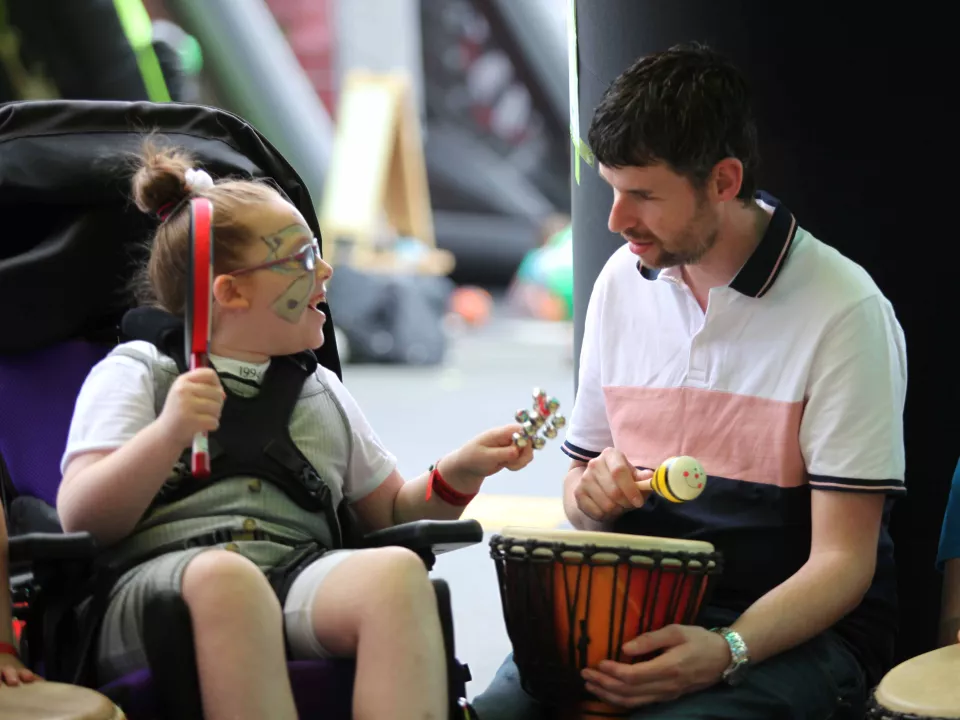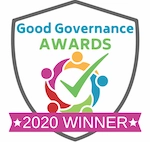
The draft Programme for Government 2025 commits to investing in palliative care to achieve full national coverage of hospice and community services; to developing a new national policy on palliative care for children and to increasing funding to children’s hospice care.
Commenting on these commitments, LauraLynn CEO, Kerry McLaverty said: “The Programme for Government is a welcome step towards our goal of ensuring that all children with palliative care needs and their families can access cohesive, responsive, specialist care and support they need at all stages of their journey. For the children who need our services time is precious. We stand ready to work with the new government, key stakeholders and the broader palliative care sector to progress the Programme for Government commitments and ensure that appropriate children’s palliative care services are available when and where children and families need them”.
The draft Programme of Government commitments on children’s palliative care follow a grassroots campaign by LauraLynn to encourage political parties and general election candidates to pledge support for the development of a new national policy and to increase funding to children’s hospice care.
Estimates suggest that there are close to 2,000 children with palliative care needs in Ireland, of whom more than 740 children are, at any given time, classified as 'unstable, deteriorating or at end-of-life’. The current policy on children’s palliative care is based on a needs assessment from 2005 and is significantly outdated. LauraLynn has called for new a policy on children’s palliative care, informed by the lived experience of children with life-limiting conditions and their families and underpinned by relevant data and evidence, to be developed, resourced and implemented.





